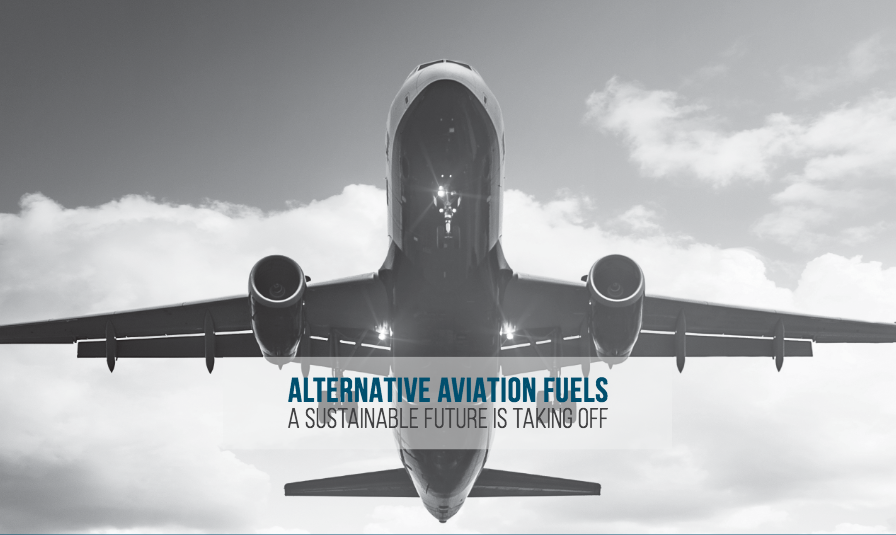
The aviation industry has committed to major action in the global fight against climate change, including carbon neutral growth from 2020 and a 50% reduction in emissions by 2050 compared to 2005 levels. The question is how can the industry meet these goals given both current technological constraints and the projected 5% annual growth of the sector over the coming decade?
A huge part of the answer lies in fuel, which is the main source of the 815 million tons of CO2 emissions the sector was responsible for in 2016. With demand for aviation fuel set to grow by between 1.5% and 3% per year between now and 2030, the case for continued development of a truly sustainable alternative could not be clearer.
The drive to commercialisation of alternative aviation fuels has seen over 1.5 billion gallons of offtakes by the beginning of 2018. This year has also seen high profile commitments to alternative fuels from airlines like United, Virgin Atlantic and Qantas, as well as significant resource and capacity investments from airports, feedstock producers, processors and traders worldwide.
However, without proper sustainability certification, such fuels can actually risk having negative social and environmental impacts such as negligible greenhouse gas emissions reductions (or even increased emissions), reduced food security through the conversion of food-producing land to feedstock production, environmental degradation from deforestation, and unsustainable soil and water usage – among others.
In order to overcome these challenges and support the development of sustainable supply chains, responsible sourcing and risk mitigation and ensure consumer and NGO support, industry leaders around the world are working with the Roundtable on Sustainable Biomaterials. Widely acknowledged as the most credible and trusted standard for biomaterials sustainability, RSB enjoys the support and endorsement of industry groupings like the Sustainable Aviation Fuel Users Group (SAFUG) and NGOs such as WWF and IUCN, as well as the commitment of a multi-sectoral community of members and stakeholders.
RSB supports the development of alternative aviation fuels that safeguard social and environmental sustainability, including promoting food security and water stewardship. We do this by developing practical solutions and projects, partnering with alternative fuel initiatives worldwide, engaging airlines through membership, and helping companies and entire supply chains achieve RSB’s most trusted certification of alternative aviation fuels.
Source
Roundtable on Sustainable Biomaterials, press release, 2018-10-04.
Supplier
International Union for the Conservation of Nature IUCN
Qantas
Roundtable on Sustainable Biomaterials (RSB)
Sustainable Aviation Fuel Users Group (SAFUG)
United Airlines
Virgin Atlantic Airlines
World Wildlife Fund (WWF)
Share
Renewable Carbon News – Daily Newsletter
Subscribe to our daily email newsletter – the world's leading newsletter on renewable materials and chemicals









